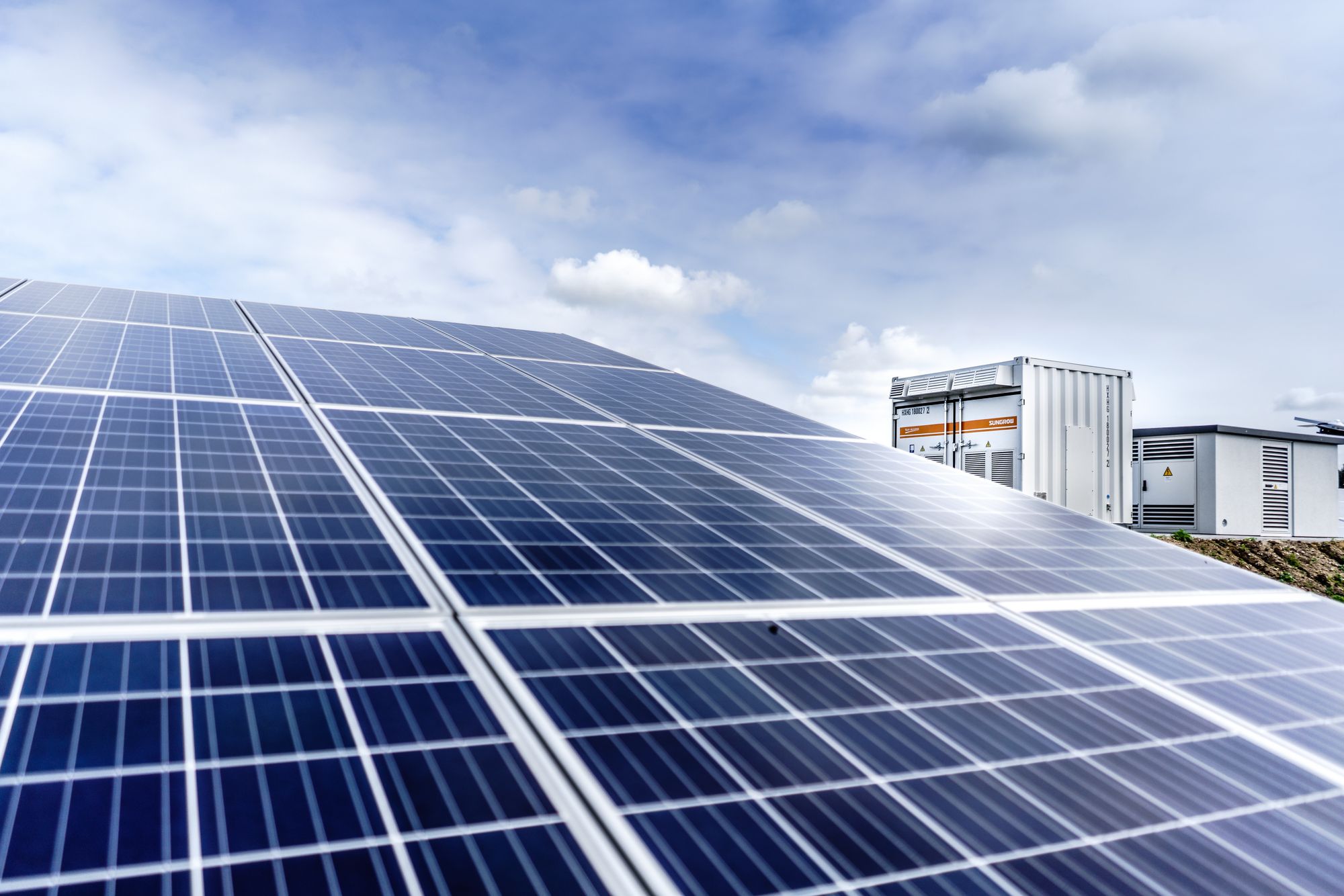Solar energy is a form of renewable energy that comes from the sun. Sunlight is converted into thermal or electrical energy. Solar energy has many benefits, including reducing greenhouse gas emissions and helping to prevent climate change. Additionally, solar energy is reliable, and affordable, and reduces our dependence on fossil fuels. Let's look at these benefits in detail.
Reducing Greenhouse Gas Emissions
First, solar energy can reduce greenhouse gas emissions. When we use solar panels to generate electricity, pollution from burning fossil fuels such as coal or natural gas is avoided. This means that less carbon dioxide and other pollutants are released into the atmosphere. Additionally, using solar energy to power homes and businesses can help prevent climate change. By reducing our reliance on fossil fuels, we can reduce the amount of carbon dioxide in our atmosphere and help slow the rate of climate change. Reputable solar installation experts in Virginia note that this is one of the primary reasons why people choose solar energy. When we switch to renewable energy sources, we can have a positive impact on the environment.
Lowering Energy Costs
Another benefit to using solar energy is that it can help lower energy costs. Solar panels require little maintenance and have a long lifespan, meaning that you won't have to replace them often. And when you use solar energy, you essentially eliminate your electricity bill since the sun's rays are free. This means that you can save a lot of money in the long run, especially if you live in an area with high electricity costs. Additionally, some governments provide incentives for people who install solar panels on their homes or businesses, which can further reduce the costs associated with solar energy.
Low Maintenance
Solar energy systems require minimal maintenance. This is because there are no moving parts that require regular servicing, unlike other sources of energy such as diesel or petrol generators. Solar panels usually come with a life expectancy of around 20 to 25 years and will generally continue to operate well after this period with only limited maintenance requirements including cleaning the panels regularly and checking connections are secure. This greatly reduces operational costs compared to other energy sources and makes solar ideal for remote or off-grid locations as it does not require regular servicing like other energy sources.
Government Incentives
Using solar energy is becoming more and more popular, with the number of people investing in solar systems increasing each year. It’s no surprise then that many governments are offering incentives to encourage households and businesses to invest in renewable energy sources such as solar energy.
Incentives vary from one country or state to another, but typically, they involve subsidizing some of the cost for installation, providing tax breaks, and creating attractive financing options. By taking advantage of what your government has to offer, you may be able to reduce the initial cost of setting up a solar energy system significantly.
Adding Value To Your Home
Another benefit to using solar energy is that it can add value to your home. When you install a solar panel system, you are essentially adding an asset to your property. This means that if and when you decide to sell your house, it will be worth more than it would without the system installed. As such, many homeowners see investing in solar energy as a smart financial decision that can pay off in the long run. When you install solar panels, you can also receive a higher return on your investment (ROI) than from other energy sources.
Excess Solar Energy
In some cases, solar energy systems produce more electricity than the user requires. But this excess energy does not go to waste – it can be stored in a battery or even fed back into the grid. This means that you will be able to benefit from using solar energy even when you are not at home or cannot use all the electricity your system has generated. This is yet another great reason to choose solar energy over other sources of energy. You can get paid for the excess electricity you produce, making it a cost-effective solution.
In conclusion, switching to solar energy offers a range of benefits that can have an immediate and positive impact on the environment, finances, and home value. With government incentives available, low maintenance requirements, and the potential to generate excess energy, now is the perfect time to make the switch to solar. It’s an investment that’s worth making. Before you decide to install any system, be sure to research your options carefully and choose a quality system that meets your needs. Doing so will ensure you get the maximum benefit from using solar energy.

